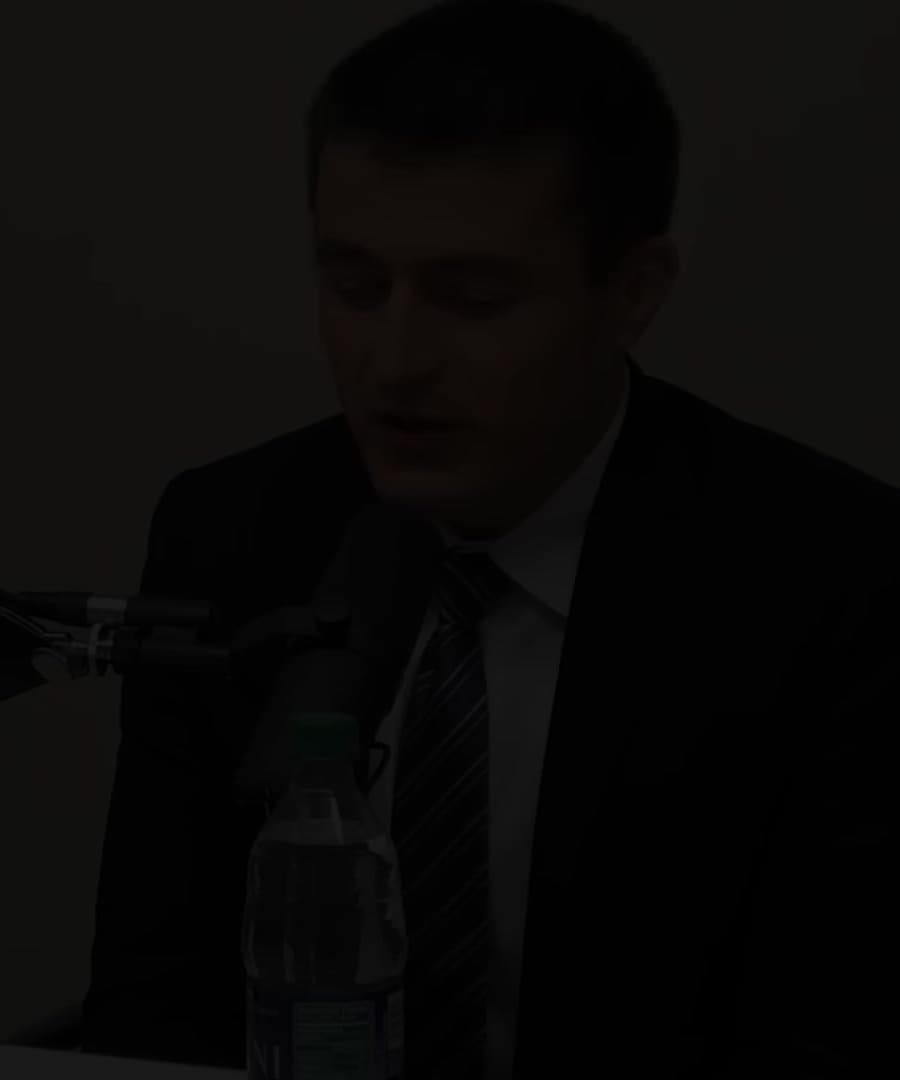Robot Rights
Sources:
Lex Fridman has explored the topic of robot rights extensively, often comparing it to historical civil rights movements and animal rights. Here are some key points from his discussions:
-
Respect for Robots: Lex believes that for humans to have meaningful relationships with robots, we must consider them as entities deserving of respect. This idea is challenging since it's difficult for humans to see non-human entities, such as robots or even animals, as having equal rights 1.
-
Civil Rights for Robots: Lex envisions a future where there might be a civil rights movement for robots. He expresses concern over the abuse of robots and suggests society will need to rethink how we interact with these technologies 2.
-
Drawing Parallels with Animal Rights: In conversations with Kate Darling, Lex discusses the arbitrary lines drawn in how we treat different species. He raises questions about whether robots should have rights similar to animals, especially as our perceptions of them evolve 3.
-
Ethics and Sentience: Lex regularly delves into the ethical implications of robots potentially developing sentience. For instance, in a discussion with Ben Shapiro, they consider the moral complexities that would arise if robots could choose freely and suffer, suggesting it could lead to serious ethical debates 4.
-
Social Implications: There are broader social issues that come with the integration of robots into society, such as the potential for treating robots with human dignity and not dehumanizing them, which in turn could impact how humans treat each other 5.
-
Technological and Philosophical Questions: Lex touches on the philosophical questions of what it means to be conscious and whether robots could ever reach a level of sophistication that warrants human-like rights. He points out that while current AI lacks true consciousness, progress in AI technology requires us to critically think about these issues 6.
These discussions highlight the complexities and evolving nature of robotics and AI ethics, hinting that future societal norms may need to adapt as technology progresses.
RELATED QUESTIONS-




